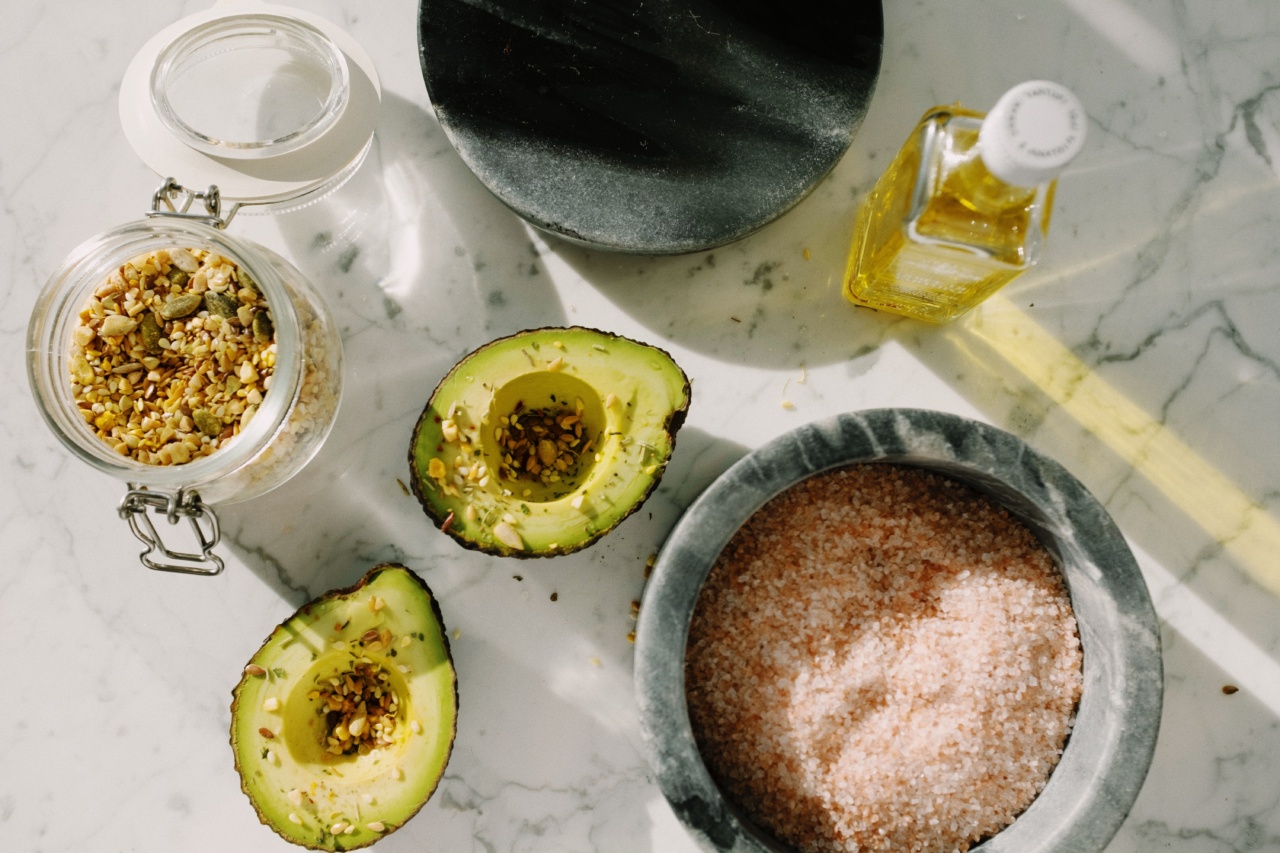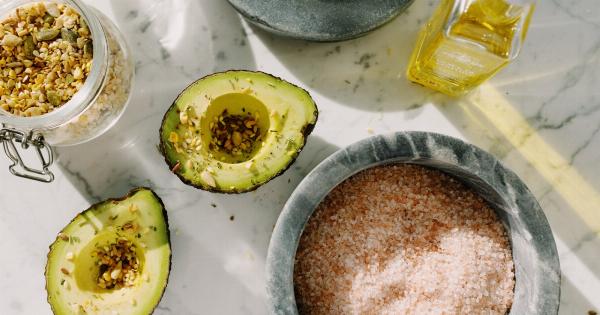Infarction and stroke are two of the leading causes of death and disability worldwide. These cardiovascular diseases occur when the blood supply to the brain or heart is disrupted, resulting in tissue damage and potential long-term consequences.
While medical interventions and lifestyle changes play a crucial role in preventing and managing these conditions, emerging research suggests that a simple dietary addition can have a profound impact on reducing the risk of infarction and stroke.
The Mediterranean Magic: Olive Oil
Olive oil, a key component of the widely acclaimed Mediterranean diet, has gained increasing attention for its potential health benefits.
This golden elixir is rich in monounsaturated fats, particularly oleic acid, as well as antioxidants and anti-inflammatory compounds, all of which contribute to its therapeutic properties.
The Power of Half a Tablespoon
Recent studies have shed light on the cardiovascular benefits of consuming just half a tablespoon of olive oil per day.
This seemingly small amount has been found to significantly lower the risk of infarction and stroke, even in individuals with preexisting conditions or a genetic predisposition to cardiovascular diseases.
One study published in the New England Journal of Medicine followed a group of over 7,000 participants for five years.
The researchers found that those who consumed half a tablespoon of olive oil daily had a 35% lower risk of stroke compared to those who did not incorporate olive oil into their diet.
Protective Mechanisms of Olive Oil
So, what makes olive oil so effective in combating infarction and stroke? The answer lies in its unique composition and various biological mechanisms:.
1. Lowering Blood Pressure
Olive oil has been shown to reduce both systolic and diastolic blood pressure, providing protection against hypertension, a significant risk factor for cardiovascular diseases.
The high content of polyphenols and other bioactive compounds in olive oil exert vasodilatory effects, improving blood flow and reducing strain on the heart.
2. Preventing Atherosclerosis
Atherosclerosis, the buildup of plaque in the arteries, is a primary cause of infarction and stroke.
Olive oil helps prevent the formation of atherosclerotic plaques by inhibiting the oxidation of low-density lipoprotein (LDL) cholesterol and reducing inflammation. Additionally, it promotes the production of high-density lipoprotein (HDL) cholesterol, also known as “good” cholesterol, which aids in clearing LDL cholesterol from the arteries.
3. Antithrombotic Effects
Olive oil possesses antithrombotic properties, meaning it hinders the formation of blood clots. Platelet aggregation, a process that plays a crucial role in thrombus formation, is inhibited by the bioactive compounds found in olive oil.
By reducing the risk of blood clot formation, olive oil minimizes the chances of a blockage in the blood vessels leading to the brain or heart.
4. Anti-inflammatory Actions
Chronic inflammation is a prominent driver of cardiovascular diseases, including infarction and stroke. Olive oil’s anti-inflammatory effects are mainly attributed to its phenolic compounds, such as oleocanthal and oleuropein.
These compounds inhibit the activity of pro-inflammatory enzymes, reducing the overall inflammatory response in the body and protecting against endothelial dysfunction, a hallmark of cardiovascular diseases.
5. Antioxidant Defense
Oxidative stress, the imbalance between harmful free radicals and antioxidants in the body, plays a significant role in the development of cardiovascular diseases.
The rich antioxidant profile of olive oil, including vitamin E, polyphenols, and hydroxytyrosol, helps neutralize free radicals and reduce oxidative damage to the arteries. This antioxidant defense further protects against the development and progression of infarction and stroke.
How to Incorporate Olive Oil into Your Diet
Adding olive oil to your daily diet doesn’t have to be complicated. Here are a few simple and delicious ways to enjoy the cardiovascular benefits of this precious oil:.
1. Dressing and Marinades
Drizzle extra virgin olive oil over salads, vegetables, and grilled meats for a heart-healthy dressing or marinade. Combine it with vinegar, lemon juice, and herbs to create a flavorful concoction that enhances both taste and health.
2. Sauteing and Stir-Frying
Replace butter or vegetable oils with olive oil when sauteing or stir-frying ingredients. Its high smoke point ensures that the oil remains stable at higher temperatures without harmful byproducts, making it an ideal choice for cooking.
3. Dipping and Spreading
Enjoy crusty bread by dipping it into a mixture of olive oil and balsamic vinegar or use olive oil as a healthier alternative to butter or margarine for spreading on toast and sandwiches.
4. Roasting and Baking
Give roasted vegetables or baked goods an extra depth of flavor by adding a drizzle of olive oil before cooking. The oil contributes to a delicious caramelization and moistness while providing valuable health benefits.
Consultation: Quality Matters
While incorporating olive oil into your diet may offer remarkable advantages, it’s crucial to prioritize quality.
Look for extra virgin olive oil, which is extracted from the first cold press of olives, ensuring optimal levels of beneficial compounds. Additionally, choose oils that are labeled as authentic and of reputable origin to avoid counterfeit products or dilution with lower-grade oils.
An Important Piece of the Puzzle
While olive oil can’t single-handedly solve the complex challenges posed by infarction and stroke, it is a significant piece of the overall prevention and management puzzle.
By incorporating half a tablespoon of this golden elixir into your daily routine, you can harness its powerful cardiovascular benefits and take a proactive step towards a healthier future.





























